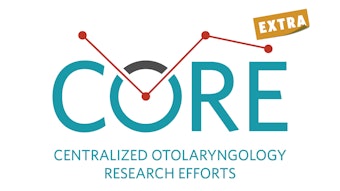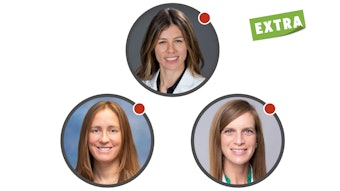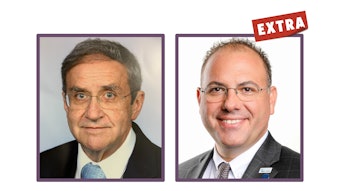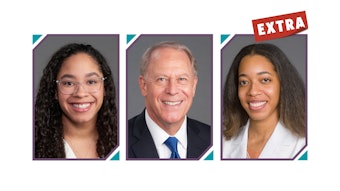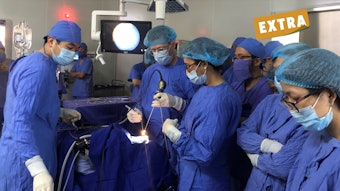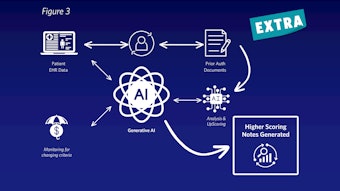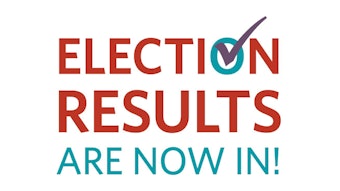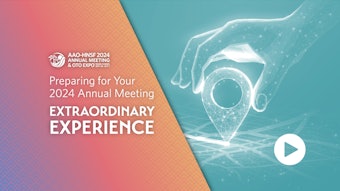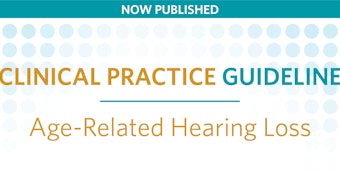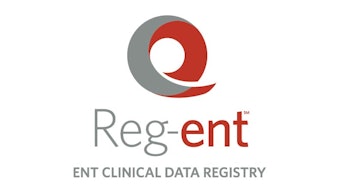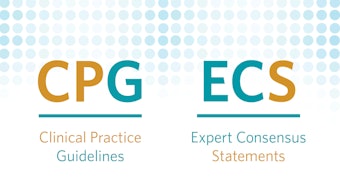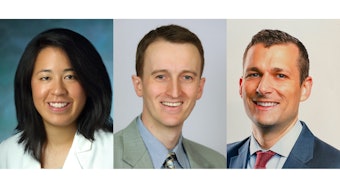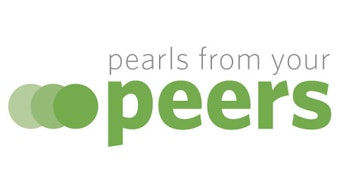2024 Highlights of Research and Quality Initiatives
The engagement of our dedicated members fuels our research continuum cycle to be in constant motion, propelling us forward.
Vikas Mehta, MD, MPH, AAO-HNSF Coordinator of Research and Quality
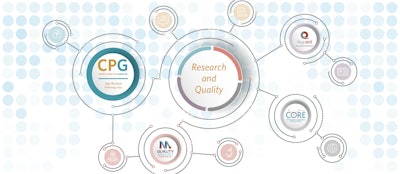
The Research and Quality Business Unit comprises the following key Foundation initiatives:
- Reg-entSM Clinical Data Registry
- Quality Measures Development
- Clinical Practices Guidelines (CPG) and Expert Consensus Statements (Development, Implementation, and Dissemination)
- Centralized Otolaryngology Research Efforts (CORE) grants program
In the July issue of the Bulletin, we highlight the work of the Research and Quality (R&Q) staff and our dedicated volunteer members within the framework of the research continuum, from new research endeavors and contributions to application in practice and, ultimately, to the broader realm of the national research landscape.
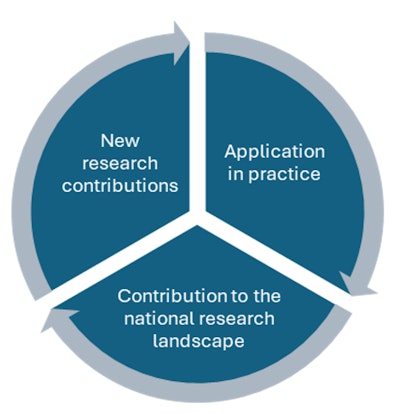
This year, the AAO-NHSF will award 18 applications with funding totaling $240,000 (with the recipients to be announced in our July Bulletin EXTRA edition).
Our Cochrane Scholars continue to excel, contributing to our cadre of expertise in systematic reviews. The three 2023 AAO-HNSF Cochrane scholars evaluate the evolution of systematic reviews in otolaryngology in this edition of the Bulletin. Our 2024 Cochrane Scholars cohort will be announced in August.
David E. Tunkel, MD, Guideline Task Force Chair, provides updates on recent and upcoming clinical practice guidelines (CPGs) and expert consensus statements (ECSs) and shares a pathway for getting involved in their development.
An exciting new contribution to our R&Q products is the Clinical Practice Guideline: Age-Related Hearing Loss (ARHL). Given the overall aging of our population and the prevalence of hearing loss—along with its links to other factors and comorbid conditions—ARHL has become a prominent concern on a global level. This is a pivotal time for implementing ARHL guidelines in practice.
CPGs continue their journey along the research continuum with presentations and discussions during the AAO-HNSF 2024 Annual Meeting & OTO EXPOSM—this year for both Immunotherapy for Inhalant Allergy and ARHL. In conjunction, in terms of research application, our Age-Related Hearing Loss: Comprehensive Audiometric Evaluation measure is a Reg-ent registry-supported public reporting measure and also allows Reg-ent members to track their practice patterns relevant to Statement 4 of the ARHL guideline (referral for failed screening).
Now in our eighth year of operations, the Reg-ent clinical data registry supports the full research continuum as described in an article in this issue. This rich source of data comprising over 50 million encounters from 10 million unique patients allows for public quality reporting, outcomes and clinical research, product surveillance, and continuing certification.
A key Reg-ent benefit is application in practice. Reg-ent members that report quality measures to the Centers for Medicare & Medicaid Services (CMS) for the Merit-based Incentive Payment System (MIPS) received on average 0.73% higher payment incentives in 2021 and 1.6% higher payment incentives in the 2022 performance year/2024 payment year. That translates to earning $3,910 more in Medicare reimbursements for each $100,000 in Medicare charges, which is $1,600 higher than non-Reg-ent participants.
Outcomes and clinical research using Reg-ent has continued to flourish, with the most recent publication exploring the Volume and Practice-Setting Shift of Laryngology Procedures During the COVID-19 Pandemic. The Reg-ent Research Advisory Group (RRAG) is in the final stages of prioritizing and approving research study submissions using the Reg-ent data repository. A new study will commence shortly.
Working with OM1, our Reg-ent research-grade data has also broadened opportunities to allow us to collect pre- and post-market data on drugs and devices, most recently resulting in an OM1-industry partnership study using de-identified Reg-ent data for a device study on long-term outcomes for patients with chronic rhinosinusitis.
Contributing to the national research landscape remains a beacon for our continuous research continuum efforts. For issues related to quality reporting, patient safety, and payment structures and models, we provide evidence to support our advocacy efforts on behalf of the Academy. This evidence may come in the form of an evidence-based guideline or consensus statement, data from Reg-ent to provide impact analyses of different proposed scenarios, or from our knowledge base of the government payer payment system due to our certification as a qualified clinical data registry for public reporting.
In addition to advocacy, our efforts toward our work contributing to a national research landscape is also crucial in raising awareness of issues that are of broader public health concern. In this issue of the Bulletin, the AAO-HNSF Head and Neck Surgery Education Committee authored an article on financial toxicity in cancer patients. This issue remains prominent on the national stage, and our voice helps with grassroots efforts to incite change.
We are excited to present and communicate more information on our research and quality efforts during the last year in the July Bulletin issue. The engagement and contributions of our dedicated volunteers and members fuel our research continuum cycle to be in constant motion, propelling us forward.
